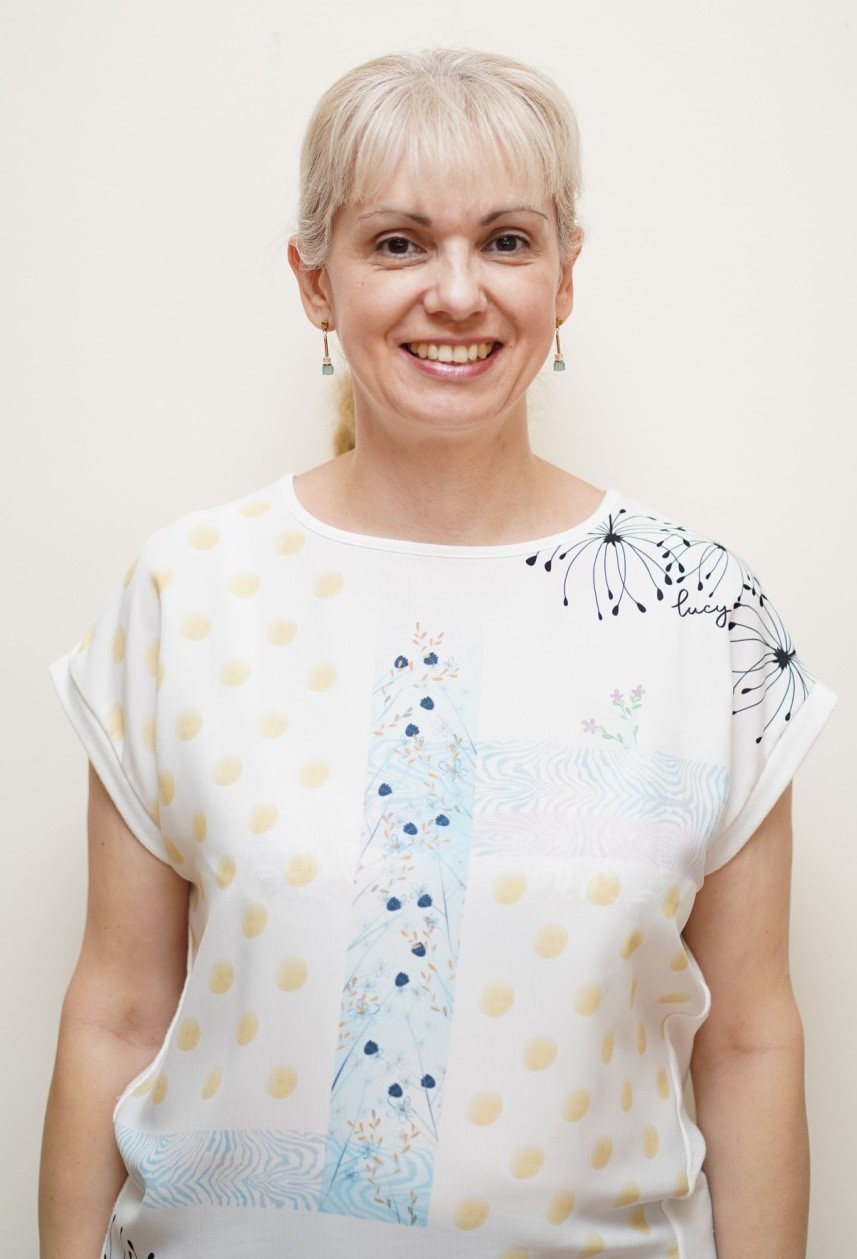Barbara Mez-Starck-Haus
Oberberghof 7
89081 Ulm
Since October 2023 Researcher at the Institute of the History, Philosophy and Ethics of Medicine, Ulm University. Full Professor of Public Health and Bioethics at Medical University-Pleven, Bulgaria (2015). Expert ethics review for the Research Executive Agency, EC (since 2017).
Studied medicine at Higher Medical Institute-Pleven Bulgaria (1990-1996) and bioethics at Catholic University of Leuven, Belgium (2002-2004). In 2008 received Ph.D. in public health with the work “Organizational and ethical problems and trends in the development of hospice/palliative care in Bulgaria”. In 2015 – Doctor of science at the Medical University of Pleven with the work “Clinical ethics consultation - attitudes for introduction, training in ethics analysis and application of decision-making methodology in clinical practice”.
Specialisation in Social medicine and health management (2000-2003). Specialisation in Legal regulation of health care (2019-2021). Certified Facilitator in Moral Case Deliberation from VU Medical Center, Amsterdam (2018). Certified Balint group leader from Bulgarian Balint Society (2019).
Intensive teaching practice (1999-2023) with lectures and seminars in medical ethics, business ethics and variety of public health subjects, e.g. social medicine, health law, management of hospice care, medical sociology, epidemiology of non-communicable diseases, global health.
Author of 14 textbooks and 4 monographs. Contribution to encyclopedic editions: Chapter “Bulgaria” in “Handbook of Global Bioethics” (2014) and Chapter “Hospice” in “Encyclopedia of Global Bioethics” (2016).
Involvement as project leader, principal investigator and researcher in research projects on palliative care, clinical ethics consultation, quality of midwifery care, human rights in health care, evidence-based research in clinical health research, nursing research.
Main research fields: public health ethics, in particular patient’s responsibility as a criterion for resource allocation and effect of AI on health inequalities; research and publication ethics; new reproductive technologies; palliative care for children; clinical ethics support.
